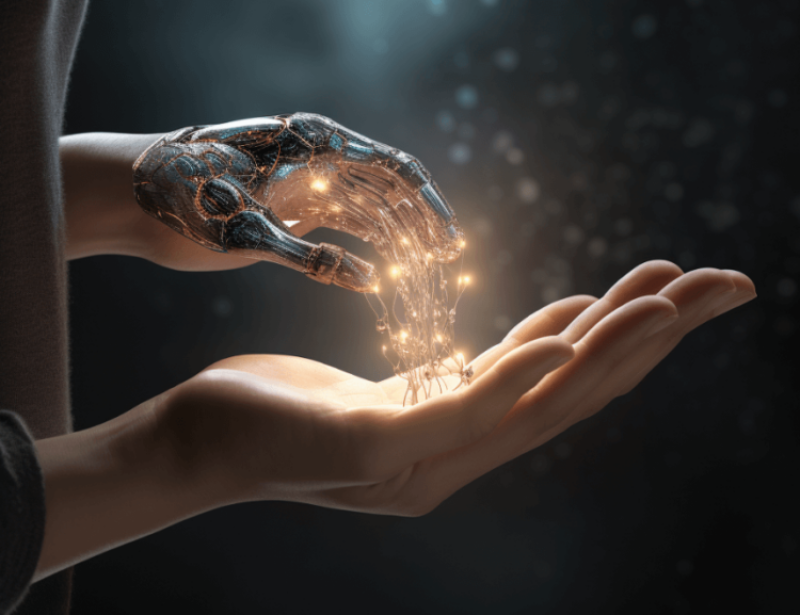How life begins is one of the biggest and hardest questions in science. All we know is that something happened on Earth more than 3.5 billion years ago, and it may well have occurred on many other worlds in the universe as well.
But we don’t know what does the trick. Somehow a soup of nonliving chemicals like water and methane must combine and self-organize, growing ever more complex and coordinated, until eventually it gives rise to a living cell.
Now, a few researchers are trying a new approach: harnessing artificial intelligence to zero in on the winning conditions. Specifically, several groups have started using machine-learning tools that can identify patterns in data sets too huge and messy for the human brain to comprehend.
The hope is that these tools will help researchers achieve in years what would otherwise take decades. By pointing the way to the fastest and sturdiest processes for generating complexity, they could help us devise a universal theory of the origins of life—one that applies not just on Earth but on any other world.































